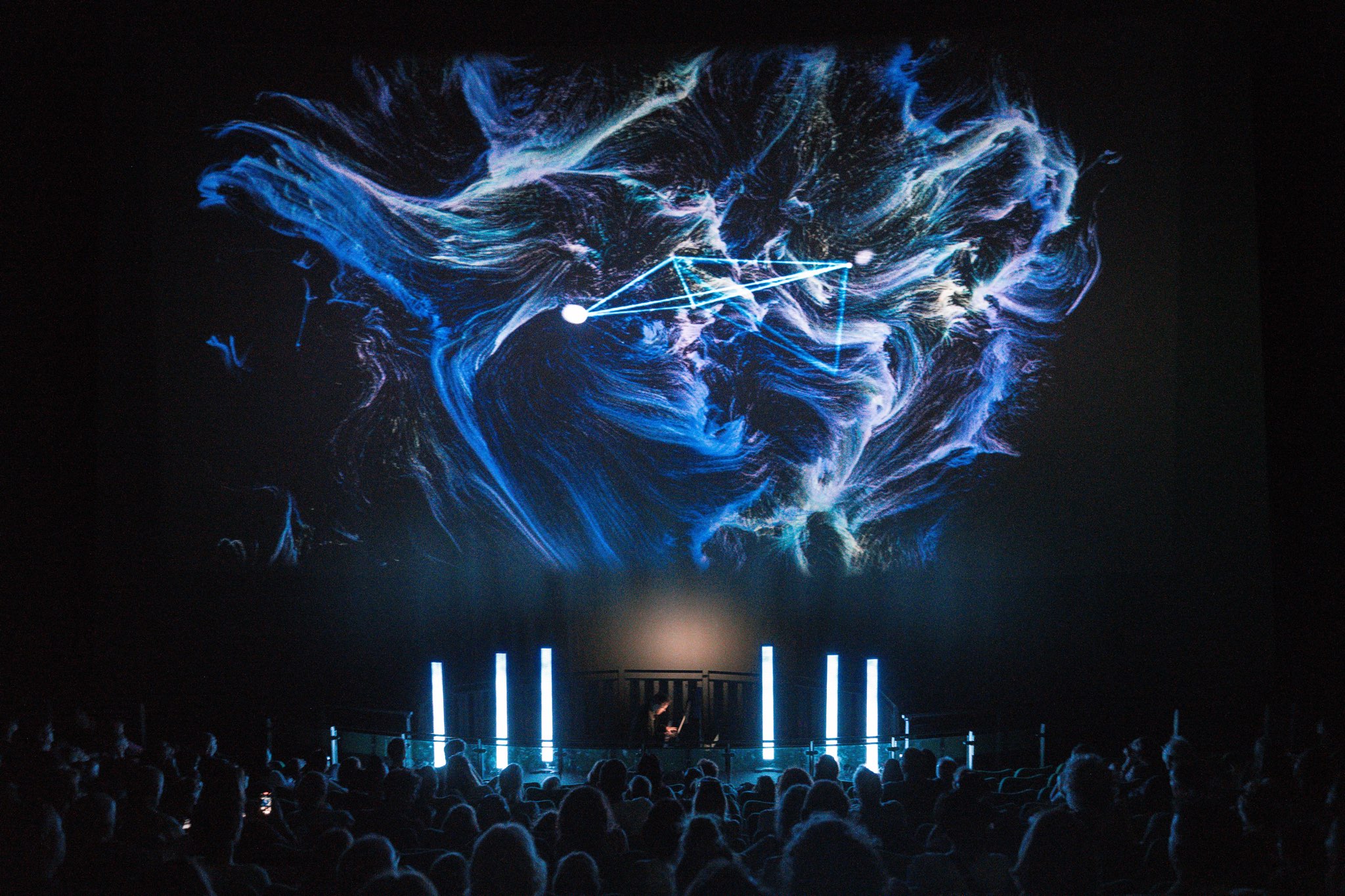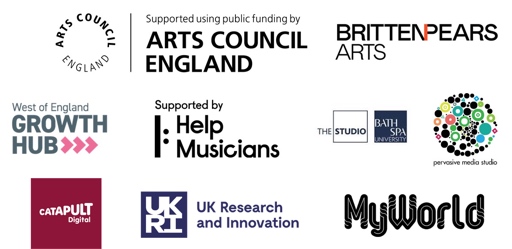
ABOUT
Composer and pianist Charlie Hooper-Williams performs “beautiful” (Times Radio), “soulful, richly layered” (Nick Smithson) music which is “masterfully understated and laced with a magnetic sense of melody” (Archodia).
A prizewinning former concert pianist, he combines intricate, virtuosic textures with soaring, stirring melodies. Originally from the pine woods of Minnesota’s Iron Range, he grew up near Chicago, studied at the University of Cambridge Centre for Music and Science, and now makes his home in Bath.
Hooper-Williams adds to the piano a set of custom-built machines which create new sounds: his “harmonics machine”, and “infinite resonator” shape the instrument’s traditional sound into something new, beautiful and exciting.
In his youth as a classical pianist, Hooper-Williams was a prizewinner at the International Shostakovich Piano Competition. Upon leaving that rarified world he toured with several bands, performing from SXSW and CMJ festivals to London’s Cafe Oto, and collaborated with multi-Grammy-winning ensemble eighth blackbird. He has performed works by Rzewski and Corigliano, including city-level premieres. He briefly stepped into the tech industry to help develop the app Shazam, after which he returned to music, now composing his own works.
Don’t miss the chance to experience Charlie Hooper-Williams’s unique blend of music and technology in his upcoming performances .
“Lovely… really special, immersive show”
“Music to soothe the soul… He’s fantastic”
“A wonderful new album”
“Unmissable… a must-see show”
“A new exciting voice on the contemporary scene”
“Complete genius and sonic exquisiteness… wonderful”
“Masterfully understated and laced with a magnetic sense of melody”
